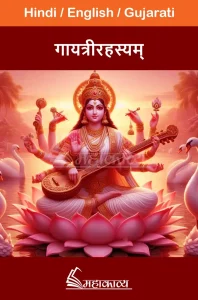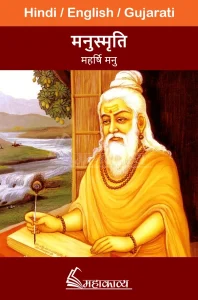Samkhya Darshan (philosophy) in English
Samkhya philosophy (Samkhya Darshan in English) Samkhya is also one of the six philosophy types of Indian philosophy, which has been very popular in ancient times. According to Indian tradition, it has been believed to be the creation of Paramarshi Kapil since time immemorial. Samkhya philosophy is primarily concerned with understanding the nature of reality, the principles of existence, and the origin of the universe. Samkhya philosophy is directly mentioned in the Bhagavad Gita and indirectly in the Upanishads.
Regarding the nomenclature of ‘Sankhya’, there are two types of opinions of scholars. Some people even say that the meaning of Sankhya is number or calculation, since in Sankhya, the qualities of the elements and the subjects related to creation have been calculated and the number of all has been fixed, it is called ‘Sankhya’. But those who meditate on Sankhya sources do not give special importance to this decision. They say that ‘Samkhya’ means ‘right knowledge’. By investigating the qualities of a reason, getting information about it in relation to it comes under ‘Samkhya’.
Read here in one click ~ Sankhya Darshan in Hindi
In fact, the explanation given by Samkhya regarding the origin of the universe is proved to be true by the most modern scientific discoveries. Where Vaiseshik and Nyaya have told the creation of the universe from nine substances (basic elements), Kapil has considered the universe to be made of only two elements from a subtle point of view, which is also similar to the latest principles of science.
In Samkhya philosophy, Prakriti (i.e. made up of Panchamahabhutas) is the root and Purusha (i.e. soul) is the two basic elements. It deals with logical factuality, psychology, and salvation. In this, 25 elements including 23 distortions of nature have been described. Samkhya’s philosophy contemplates the separation of intellect and ego in order for one to understand nature, be free from love, and attain salvation. The solution to the calamity that comes in a person’s life has gained popularity by respecting the triple nature as the all-cause.
Samkhya philosophy aims at attaining salvation from the cycle of birth and death by clarifying the distinction between Purusha and Prakriti and recognizing the eternal nature of Purusha. This salvation is attained when the individual soul, having attained knowledge of its true nature, detaches itself from nature and its bonds. Samkhya philosophy has greatly influenced various schools of Indian philosophy, including Yoga and Vedanta. It provides a keen eye of knowledge in the search for the nature of existence, consciousness, and salvation. making it an important aspect of India’s rich philosophical heritage.
Knowledge is given utmost importance in Samkhya philosophy, as it leads to self-realization and salvation. By understanding the nature of Purusha and Prakriti and understanding their characteristics, one can transcend the material world and attain atmanic freedom.
Read This Also
Shri Ramcharitmanas in English
Yoga Vasistha Ramayana in English
Please wait while flipbook is loading. For more related info, FAQs and issues please refer to DearFlip WordPress Flipbook Plugin Help documentation.






 Download the Mahakavya App
Download the Mahakavya App